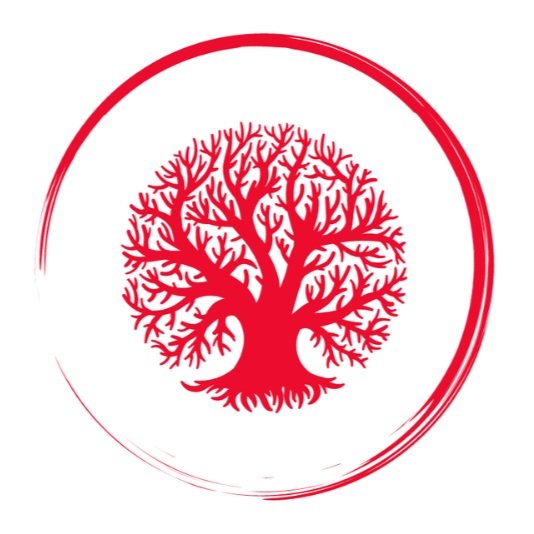How to Work Better Together During Coronavirus
As a leadership coach and facilitator, I have been helping clients struggling with new ways of working under stress during Coronavirus lockdowns. There are many practices which, if you can build them in now, will mean your partnerships, teams and organisations will be stronger and more resilient during and after the current emergency.
When we come together for a project, we typically spend time thinking about what we are working on. We are transactional, and focus on the tasks, the goals, the metrics, the benchmarks, and the progress. But we rarely consider how we want to work together. One of the ways you can do this is co-creating a designed alliance between everyone, which foregrounds how you want to work together, built on asking and listening, values-in-action, responsibility, commitment, and accountability on all sides.
When we design an alliance, we harness collective social intelligence, and also look beyond our job descriptions or outer roles, to the inner roles, to consider what we need to make the team cohere and work well.
You can do this with an existing team or partnership or with a new one. You’ll need a large sheet of paper and some markers. You can lead this or use a facilitator. If you do lead, ensure that you ask and listen rather than tell or hint. Let it unfold rather than direct it, whilst ensuring you contribute too.
1. Agree together to set aside some time to do this.
2. Ask the following:
· What is the culture or atmosphere we want to create as a team or partnership? How would we know we had that (concrete actions)?
· What are the values by which we want this team or partnership to operate? What does that look like in action?
· What does this team or partnership need to thrive?
· How do we want to be and what do we want to do when things go wrong, become difficult, or when there is conflict?
· What can we count on from each other?
· What will we commit to for each other? How would we know we had that?
3. Ensure everyone contributes and take notes. Have everyone sign off on the agreement. Agree that these will be circulated, posted up in a meeting, or that someone reminds people of the agreement at the start of the meeting.
4. It’s a living contract, so you can also redesign or amend this alliance or agreement at any time or for particular contexts, for instance, during a period of systemic stress or change.
(Image credit: Barna Bartis)






